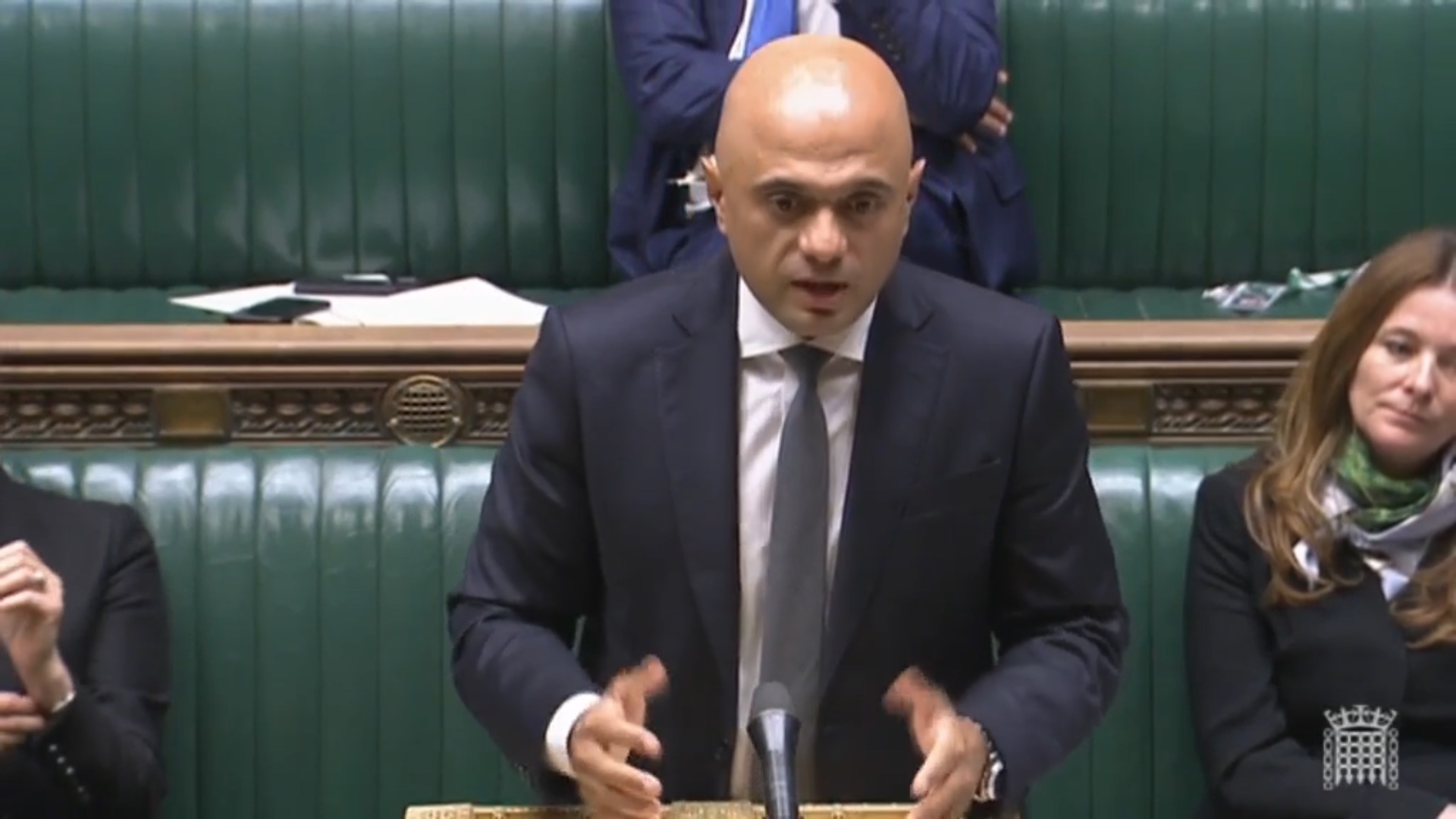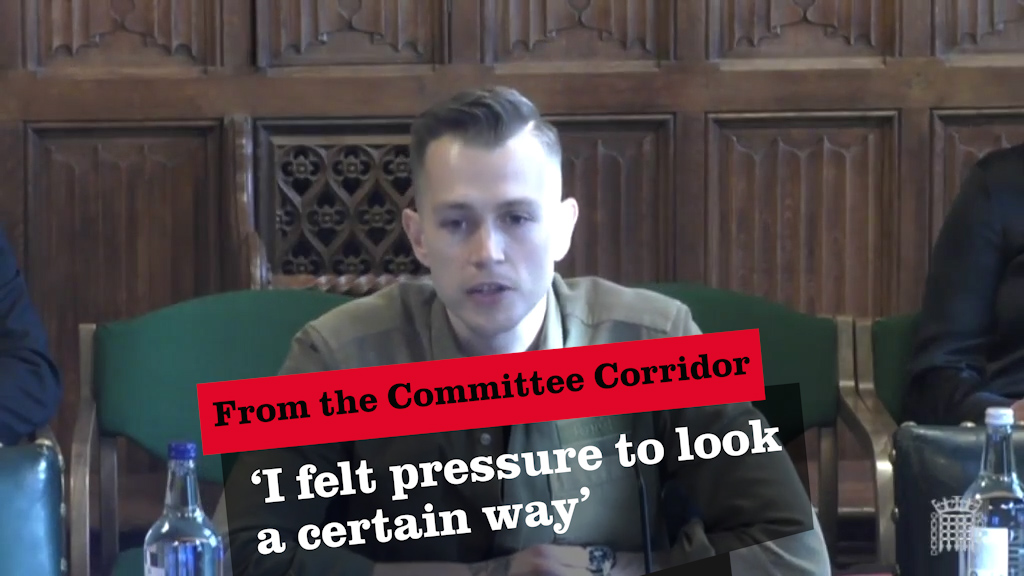What is the Mental Health Act?
The Mental Health Act is the central piece of mental health legislation that lays out the circumstances that justify people being ‘sectioned’ in England and Wales.
When someone is deemed to be suffering from a mental disorder that puts themselves or others at risk, the Act governs how they may be hospitalised and treated, sometimes against their will.
The Mental Health Act also prescribes the rights of detained patients, as well as how and when they should be discharged and treated in their own community.
Why was the 1983 Mental Health Act introduced?
Prior to the introduction of the Mental Health Act in 1983, legislation had already permitted the State, in certain circumstances, to admit someone to hospital against their will. However, the extant legal framework failed to cover the possibility of administering medical treatment without the patient’s consent.
The 1983 Mental Health Act sought to address these holes in the law, by setting out regulations regarding involuntary treatment while also protecting patients’ rights by detailing what sectioned patients are entitled to both during and after their stay in hospital.
Main Provisions of the Act
The Mental Health Act contains a number of notable provisions.
Mandated stays in hospital
Section 2 of the act, allows for a mandated short-term hospital stay, so that the mental disorder of a person who risks harming themselves or others can be assessed. Under Section 2, the patient could be kept involuntarily for up to 28 days.
Providing a person has been confirmed of being of unsound mind by an approved mental health professional, detention under mental health law is exempt from the provisions relating to personal freedoms that are otherwise provided for under the Human Rights Act.
Longer stays in hospital
Section 3 of the Mental Health Act governs longer mandated hospital stays for mentally ill people who pose a danger to themselves or others and need more prolonged hospital treatment. Under Section 3, the patient can be kept and treated by a responsible clinician or psychiatrist without their permission for up to six months, after which the sectioning order needs to be renewed or extended, or alternatively the person can be discharged.
Rights of the Sectioned Patient
Sectioned patients have the right to know the reason why they are being detained (i.e., which section) and to be given additional information about their situation, such as how to make a complaint and obtain legal advice. This includes how to access an Independent Mental Health Advocate.
Sectioned patients are also entitled to receive visits and otherwise be kept in contact with their friends and family. Moreover, if a person detained under Section 2 or Section 3 believes they have been unfairly sectioned, they may receive free help from a solicitor in order to apply for their section to be discharged at mental health tribunal.
Mental health tribunals usual take place in the hospital where the person is sectioned and usually involve three people, namely a judge, a medical member (normally a psychiatrist, but one from a different hospital to the patient), and a lay member with relevant professional experience.
Rights of the Family
A mentally ill person’s nearest relative has some rights regarding their treatment when they are placed under certain sections, guardianship, or a community treatment order. ‘Nearest relative’ in this context is a legal term defined by the Act and is not the same as next of kin. Nearest relatives can apply to have someone sectioned through a Mental Health Act assessment, object to sectioning and apply for the discharge of a sectioned person. They also have the right to be consulted and informed in the treatment of a sectioned person.
Independent Mental Health Advocates
These are experts, whose services are available for free, to aid people under compulsory detention in hospital under Sections 2 and 3 of the Mental Health Act. Independent Mental Health Advocates can help a detained patient understand the law and their own rights.
Aftercare
After the discharge of a person with a mental health problem who was detained under certain sections, that person has the right to free aftercare. This includes local authorities meeting mental health-related needs and providing support to help people avoid further hospitalisation.
Guardianship
Instead of being sectioned, a person with serious mental health issues can be placed under guardianship. This involves a nominated person or authority taking charge of a patient’s personal decisions, in order to safeguard their welfare.
Community Treatment Order
Patients under certain sections can now be allowed out of hospital to continue receiving supervised community treatment while living in their community. This involves patients obeying certain rules, such as staying at a particular address, with the knowledge that they may be returned to hospital if their doctor deems it necessary.
Voluntary Patients
Section 5 of the act applies specifically to voluntary patients receiving treatment for a mental disorder when a qualified nurse or doctor judges that detention is urgently required to protect the patient and others. This allows for compulsory admission of up between six hours and seventy two hours.
Criminal Court Cases
The Mental Health Act then covers a range of eventuality relating to criminal court cases:
Section 35 is used to mandate a stay in hospital for up to 28 days for the purpose of assessing a defendant’s mental health during a criminal court case. This section however does not allow medical treatment that goes against the patient’s will.
Section 36 is is used by a Crown Court to remand someone to hospital for treatment for the duration of their trial. This section can only be used if the patient has been charged with a crime punishable by a prison term, and who has been assessed by two Approved Clinicians who have determined that treatment for a mental illness is necessary.
Section 37 is used to mandate a hospital stay for people who have been convicted of a crime and require hospital treatment for a mental illness. It is an alternative to them serving their sentence in a prison itself. Under Section 38, relates to people who have been found guilty of a crime but have not been sentenced yet. Under Section 38, individuals in this situation can be sent to hospital for assessment and treatment for a total of three months while the court makes a decision.
Section 47 governs the transfer of a prison inmate to hospital for mental health treatment.
Subsequent Legislation
Since its original Royal Assent in 1983, the Mental Health Act has been amended on a number of occasions.
For example, in 2005, the Mental Capacity Act laid out regulations for the care of adults who could not act or make decisions for themselves.
The Mental Health Act 2007 brought forward a number of further adjustments to the law, such as removing the complex legal definition of ‘mental disorder’ so that doctors could now more easily make decisions as to whether a patient’s mental health requires sectioning.
Under the 2007 Act, it was no longer necessary for hospital treatment to be likely to result in an improvement to a patient’s mental health condition, in order for sectioning to be justified. Community Treatment Orders (see above) were also introduced as part of the 2007 amendment to the original legislation.
Mental Health Act in Full
The full contents of the Mental Health Act 1983 can be viewed here.


























